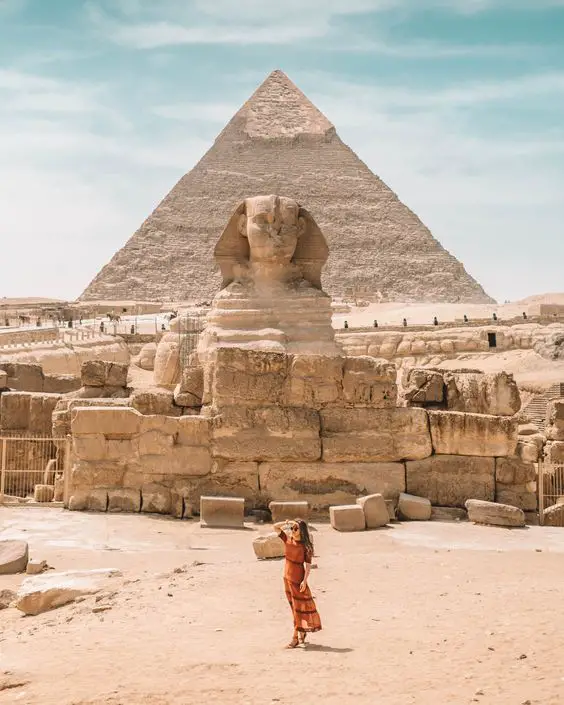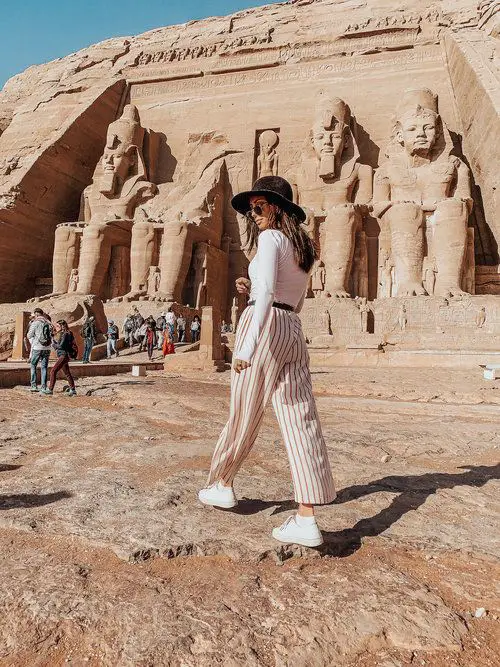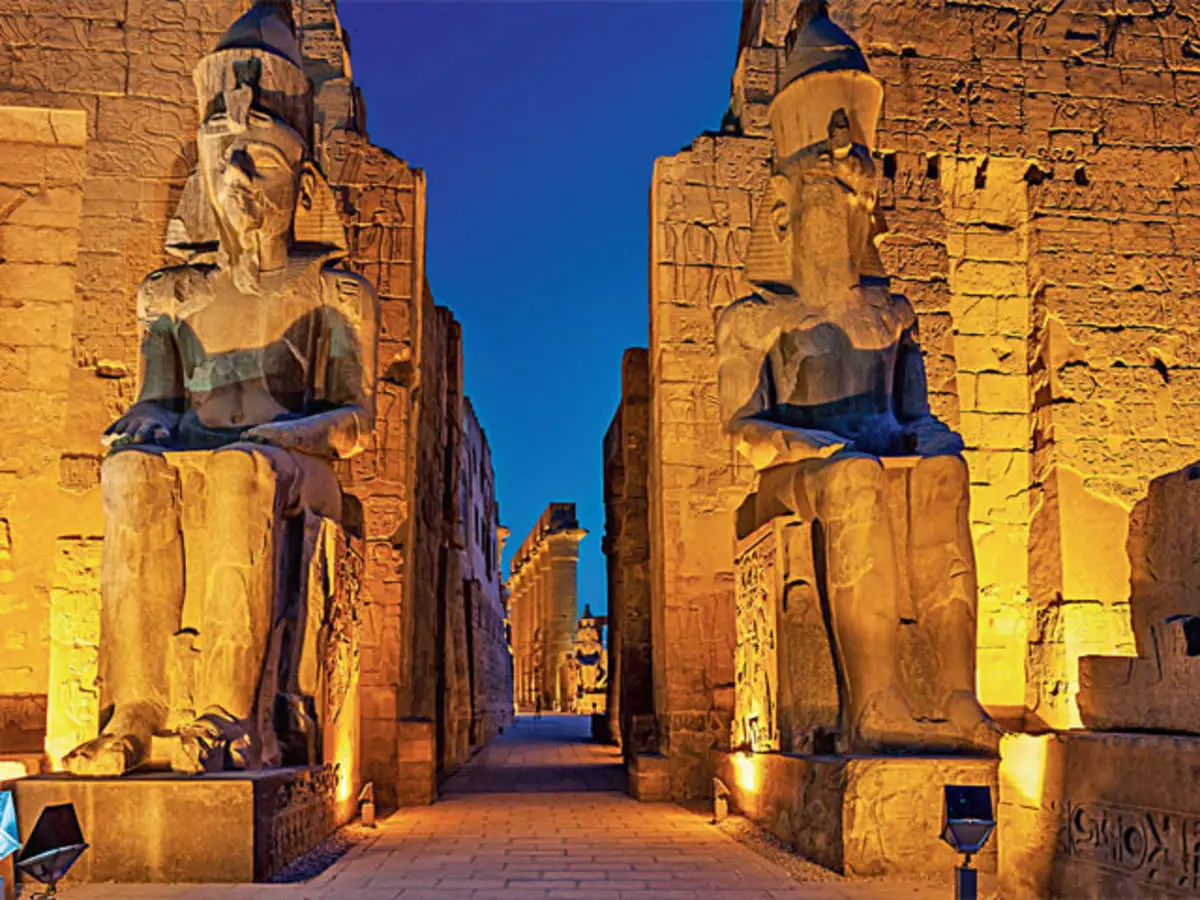Embarking on a journey to Egypt, a land rich in history, culture, and ancient wonders, is a dream for many. However, not every travel experience leaves a lasting positive impression. In this blog, I’ll share my personal reflections on visiting Egypt with an open mind and present 10 reasons why, despite the allure of its storied past, I won’t be returning. Additionally, I’ll address some frequently asked questions that may help shed light on this unique perspective.
1. Overwhelming Tourist Crowds:
Egypt’s iconic sites, such as the Pyramids of Giza and the Sphinx, draw massive crowds, turning what should be moments of awe into chaotic and crowded experiences.
2. Persistent Touts and Hawkers:
While tourism is a vital industry for Egypt, the constant barrage of touts and hawkers selling souvenirs or services can make it challenging to enjoy the sights peacefully.
3. Traffic and Air Pollution:
Cairo’s notorious traffic and air pollution are unavoidable downsides that can overshadow the beauty of the city’s historic sites. Navigating through congested streets becomes a daily challenge.
4. Hassle at Historical Sites:
At many historical sites, the hassle of dealing with persistent guides, camel and horse ride offers, and other pushy services can detract from the experience.
5. Security Concerns:
In recent years, security concerns have become more prevalent in certain areas of Egypt, affecting the overall sense of safety for travelers.
6. Limited Local Interactions:
Genuine interactions with locals can be overshadowed by the constant focus on selling goods or services to tourists, making it challenging to connect on a deeper level.
7. Lack of Preservation Efforts:
The impact of tourism on Egypt’s historical sites is evident, with signs of wear and tear, graffiti, and insufficient preservation efforts at some locations.
8. Underwhelming Culinary Experiences:
While there are undoubtedly delicious dishes in Egyptian cuisine, the overall culinary experience may not live up to the high expectations set by other global cuisines.
9. Inadequate Infrastructure:
In certain areas, inadequate infrastructure can make travel inconvenient, with poorly maintained roads, limited public transportation options, and unreliable services.
10. Limited Cultural Diversity:
Despite Egypt’s long history and diverse heritage, the lack of cultural diversity in some tourist-centric areas can limit the richness of the overall travel experience.
FAQs:
Are there areas in Egypt that are safer for tourists?
- Yes, many areas in Egypt are considered safe for tourists, particularly popular destinations like Luxor, Aswan, and Sharm El Sheikh. However, it’s essential to stay informed about travel advisories and take necessary precautions.
How can I avoid tourist crowds in Egypt?
- Visiting popular sites early in the morning or during off-peak seasons can help minimize exposure to large crowds. Exploring lesser-known sites can also provide a more intimate experience.
What cultural etiquette should I be aware of in Egypt?
- Dress modestly, particularly when visiting religious sites. It’s also customary to remove your shoes when entering someone’s home. Always ask for permission before taking photos of locals.
Is the cuisine in Egypt suitable for vegetarians or vegans?
- While Egyptian cuisine includes vegetarian options, it may not be as diverse for vegans. Common dishes like falafel, foul (fava bean stew), and koshari (mixed pasta dish) are vegetarian-friendly.
How can I navigate transportation challenges in Egypt?
- Hiring local guides or utilizing reputable transportation services can help navigate the challenges of Egypt’s transportation system. Researching and planning ahead can also contribute to a smoother travel experience.
Conclusion:
My journey to Egypt was filled with moments of awe and wonder, but it also brought to light certain challenges that impacted my overall experience. Traveling with an open mind allowed me to appreciate the beauty of Egypt’s history and culture, but these ten reasons outline the aspects that left a lasting impact, making a return visit less likely. Every traveler’s experience is unique, and it’s essential to approach travel with an understanding that destinations may have both positives and challenges.



